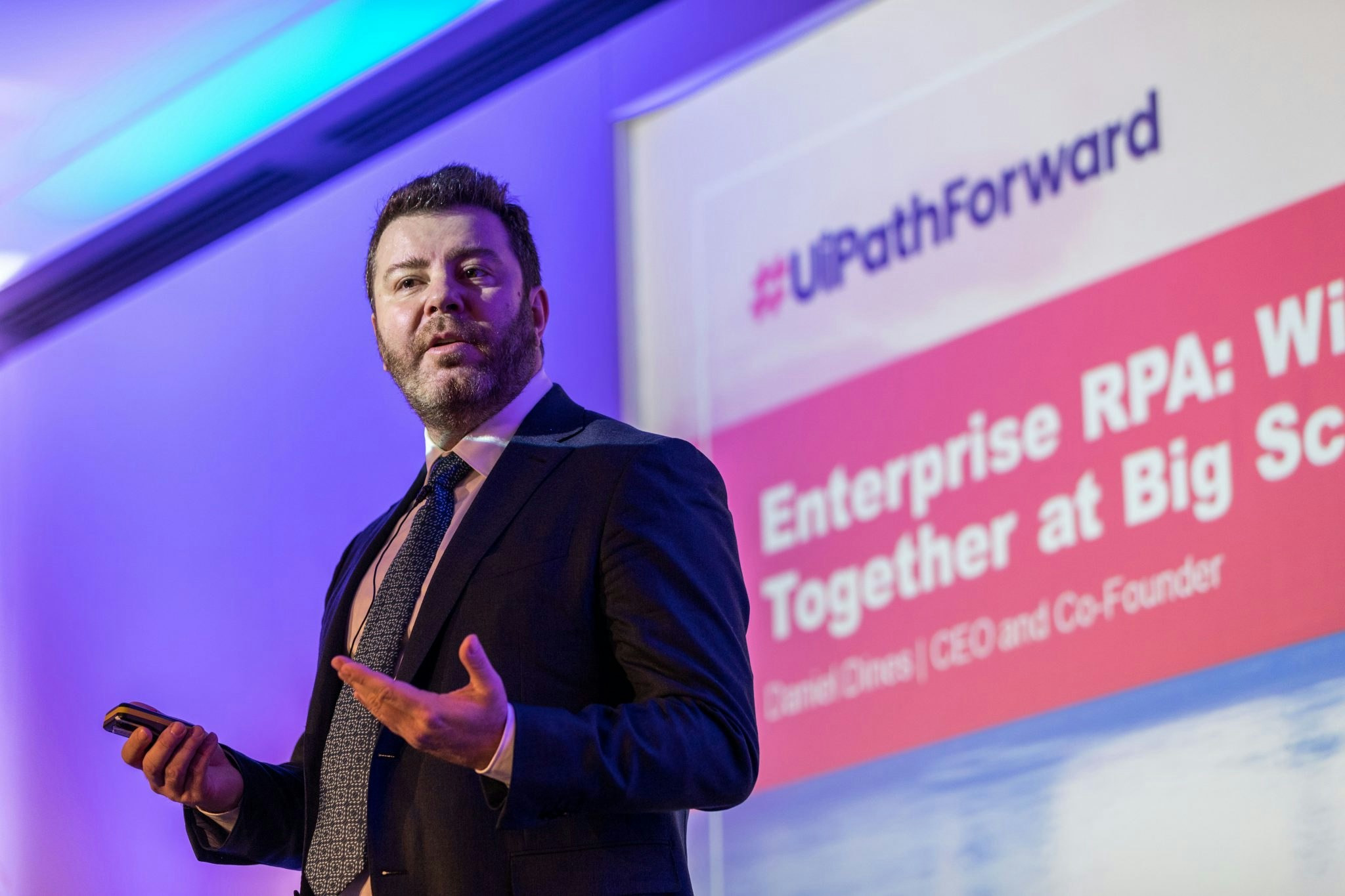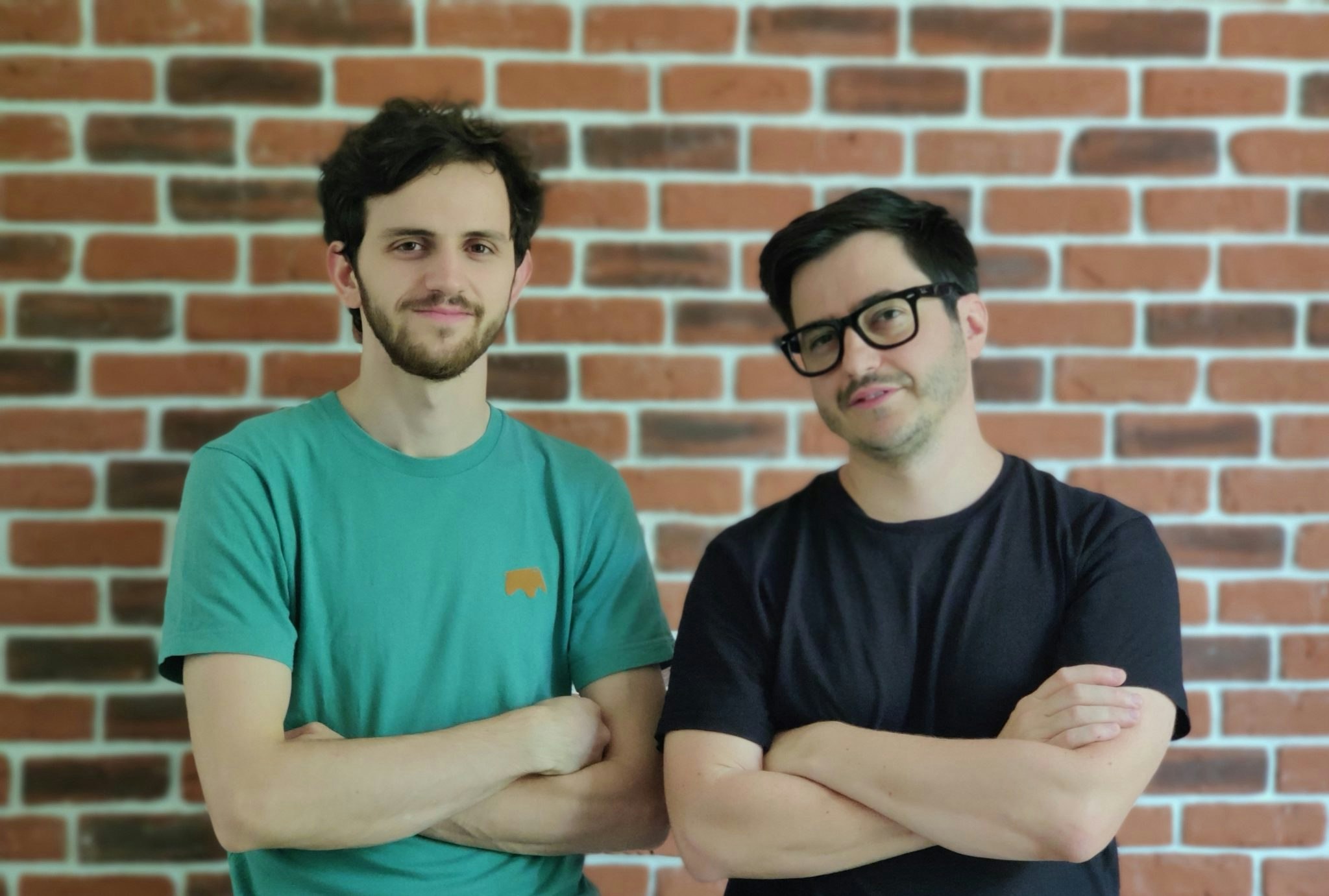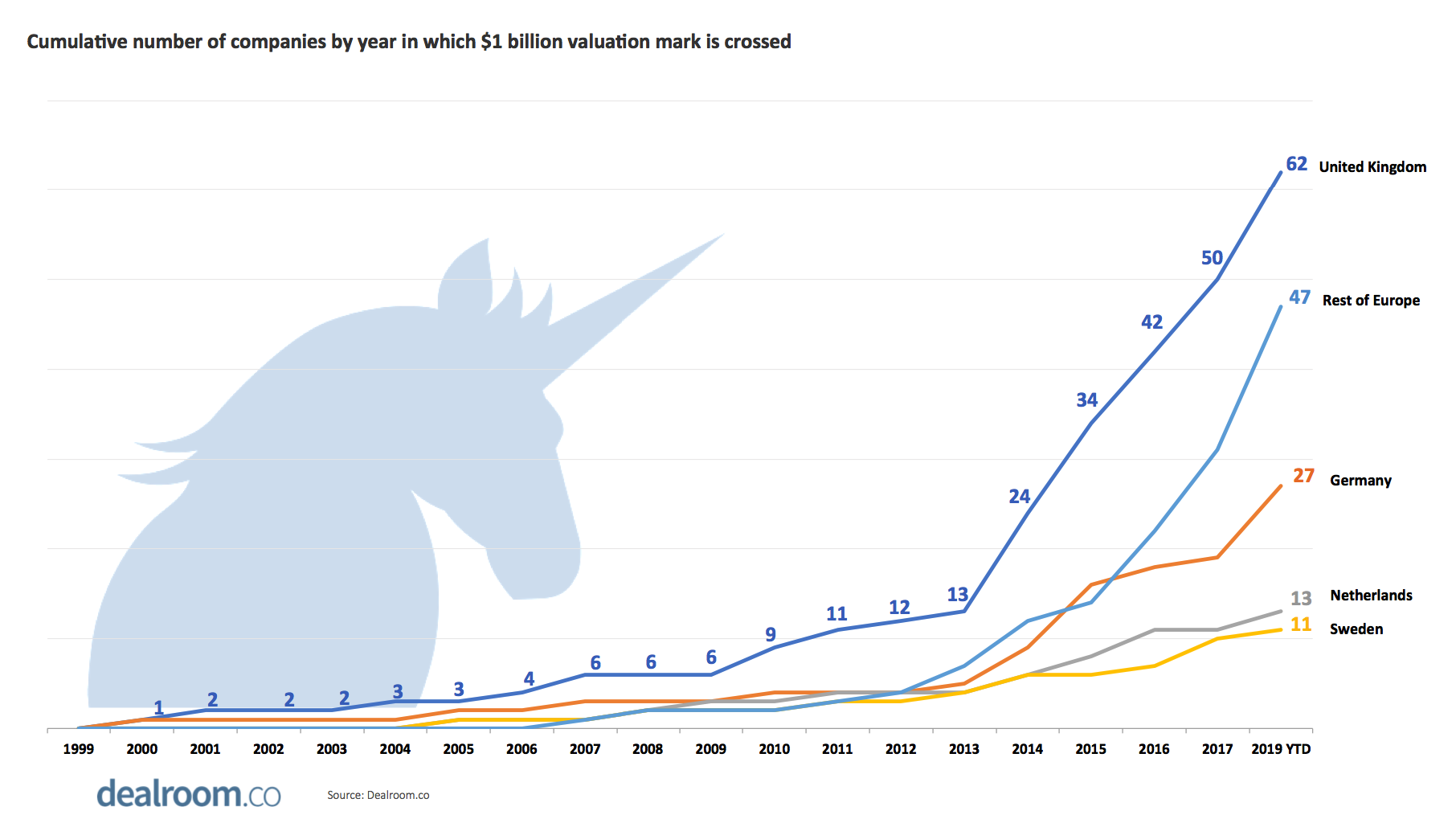Back in 2012 Czech hotelier Richard Valtr was on the search for something seemingly straightforward: cutting edge software to help manage a new hotel he was working on in Prague. But he couldn't find what he was after.
Even more surprisingly, he found out that some big hotel chains were still operating on DOS, an operating system that came out in the 1980s.
The dearth of innovation in the vast global hotel industry at the time prompted him to try and create his own hotel management system with, in his own words, a tiny team of inexperienced programmers.
“There are so many reasons for why it wasn't a good idea, for why we should have failed, and it's basically a bit of a miracle that we didn’t,” he says today.
In August, Mews Systems, the startup he cofounded seven years ago, raised $33m in a Series B round of funding led by global investment company Battery Ventures. This was after a €6m Series A round in June 2018.
The money, which is going to be used to accelerate the company’s drive to transform the operation of hotels, is a welcome boost but it also highlights a belief among investors that many hotels still need to fully embrace 21st-century technologies.
The age of Airbnb
While the hotel industry is a global giant, worth billions of dollars a year, it is generally slow to change. In the age of peer-to-peer platforms like Airbnb, however, hotels are being forced to revamp.
“I don't think Airbnb has been that [financially] damaging to the hotel industry, or at least not the high end of the industry,” says Matthijs Welle, Mews’ chief executive and its other cofounder. “It probably has had some damage on the lower end but it has been a wake-up call. Customers obviously are wanting that really personal, localised experience,” he says.
One way to achieve this is by modernising back-end operations and approaches, in part by doing away with ageing on-premise systems.
Mews created a cloud-based and mobile-first tool suite that automates a lot of manual tasks and helps to more effectively manage others. Guests can skip long queues by doing their check-in online and in some hotels simply get a passcode to enter their rooms. Mobile apps help to further customise the hospitality experience. Managers, meanwhile, can get an overview of various departments, from housekeeping to reservations and maintenance, and among many other benefits can track key metrics for their hotel.
Taking on Oracle
The hotel property management systems (PMS) landscape is currently dominated by Oracle and while there are hundreds of other PMS providers in the market — including strong players like Innkey PMS, 5stelle, Guestline and Hotelogix — most are focused on smaller hotels that don't need a lot of integrations and that don't require complex group functionality.
“There hasn't been a breakout cloud player in the market that has been able to tackle complex hotel environments and larger size hotels across different countries,” says Welle, adding that Mews only starts pricing hotels from 20 rooms upwards and is actively targeting the larger hotel chains operating across multiple markets.
“Most of our competitors are local players in one or two markets and they are kind of stuck there,” he says. “They’re winners in that particular segment but hotel chains can’t go for a local player, they have to get one unanimous system across the chain that they can roll out in every country.”
Most of our competitors are local players in one or two markets and they are kind of stuck there.
Welle says that the larger hotels have been waiting for something game-changing to come along “and because Oracle was the leader they were hoping that they were going to come with a product that was just going to be game-changing and nothing actually came”.
Hard data isn’t available on the sector but according to Datanyze, which uses technographics to track technology usage, Mews accounts for around 2.6% of the global PMS industry — just outside the top ten, with only two players having more than a 5% market share. Welle believes that Mews actually has around 1-2% of the total PMS market worldwide, though it’s closer to 10% in places like Benelux and France, highlighting major challenges but also plenty of opportunities.
The company is already working with over 1,000 properties in around 50 countries for a combined 130,000-plus beds and estimates that it helps its hospitality clients transact over $150m a month in hotel and ancillary purchases. Meanwhile, employee numbers have grown from around 100 people in 2018 to more than 330 today.
So far Mews is experiencing an annual churn of just 3% of clients and is looking at acquisition targets — legacy players that are at the end of their product lifecycle and can be bought and their customers migrated across.
One big selling point for Mews is its claim to have the most comprehensive open application programming interface (API) in the industry, with over 300 integrations, which is helping it to revamp and modernise the guest experiences by allowing properties to partner with outside platforms and technologies.
Tough times
Still, the early days of Mews were hard, even after the team had something to bring to the market. The founders pounded the pavements of Prague trying to find hotels willing to adopt their technology. “The first 10 were friends of friends of ours, who understood our vision and passion and were willing to look away at some of the challenges that we threw their way [in the beginning],” says Welle.
They also found that in every country they went to they had to effectively start again because clients wanted to see other hotels in their own markets already running the systems. “Hotels in the Netherlands wouldn't accept that there was a hotel in Belgium down the road using it. They're like, ‘No, that's different, we run hotels differently’,” says Welle.
Mews has now opened offices in Paris, Barcelona, Munich and Sydney, with Milan and Stockholm to follow. It also moved its headquarters from Prague to Amsterdam. Valtr recently moved to New York to lead operations there. “What we're really trying to do in the US is to get a foothold in some of these major chains,” he says. “They're all pretty much headquartered there, whether that's Marriott, Hilton or some of the more trendsetting ones like Standard Hotels or Morgans Hotel Group.”
What we're really trying to do in the US is to get a foothold in some of these major chains.
Changing the mindset of a major global industry takes time. Valtr points out that companies like Uber created an entirely new market since nobody had put a computer inside a car before, whereas Mews and its rivals are trying to alter longstanding approaches. “That's why we are such a strange system to a lot of hoteliers because they're like, ‘Why didn't you do it like the other systems?’” he says. “We’re like, ‘Because the way that the systems do it is wrong. It was right for that time, but wrong now'.”
Mews is also currently trying to relaunch online checkout systems. “The biggest frustration for me is when I leave the hotel,” says Welle. “I'm stressed to get to the airport and I want to just do that myself. I can go on a portal on my smartphone and just pick up my bill and pay for it. We're launching that in the next two months.”
He adds: “We're really looking at the guest side of travel, and figuring out what else can we do."


